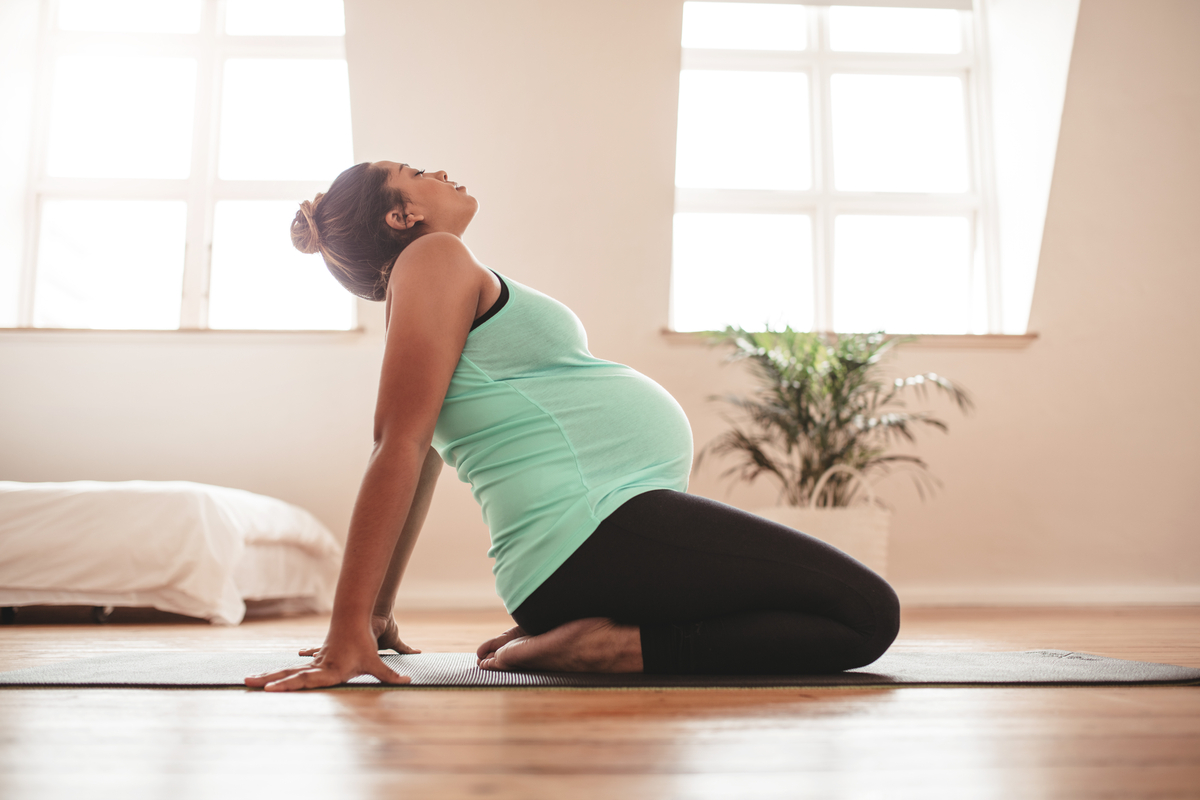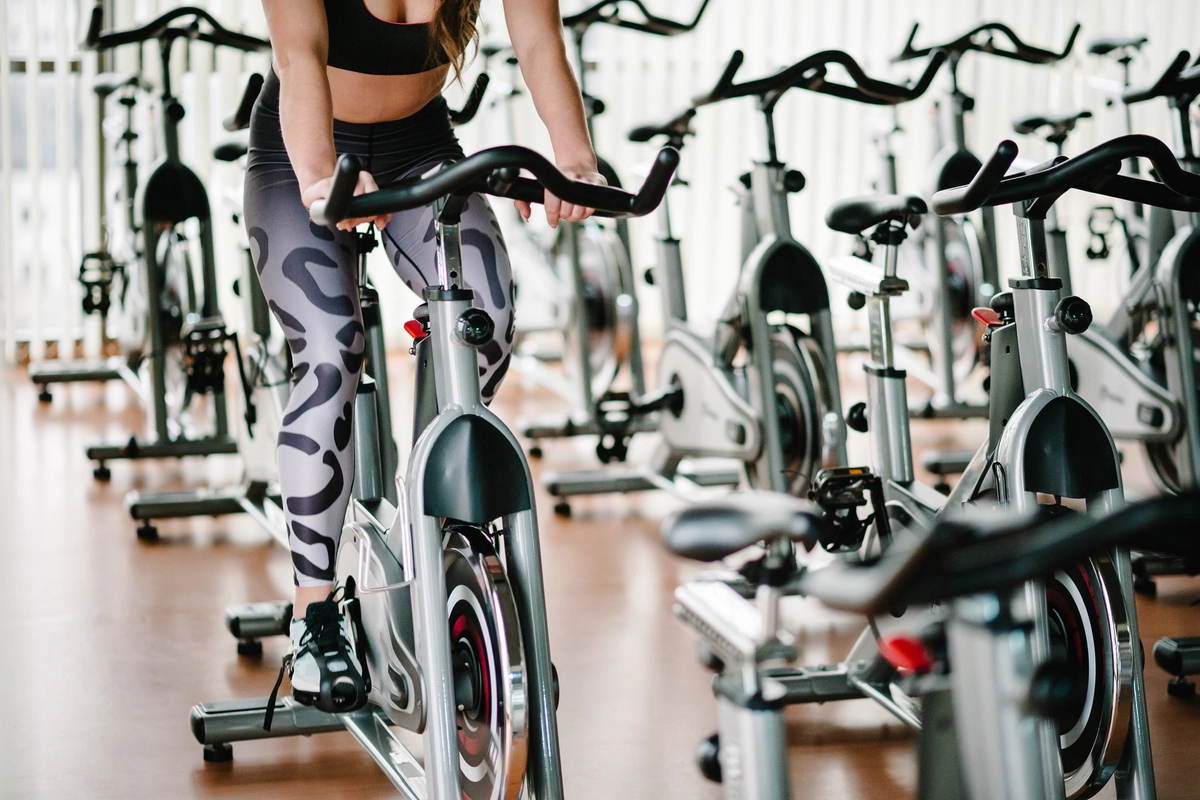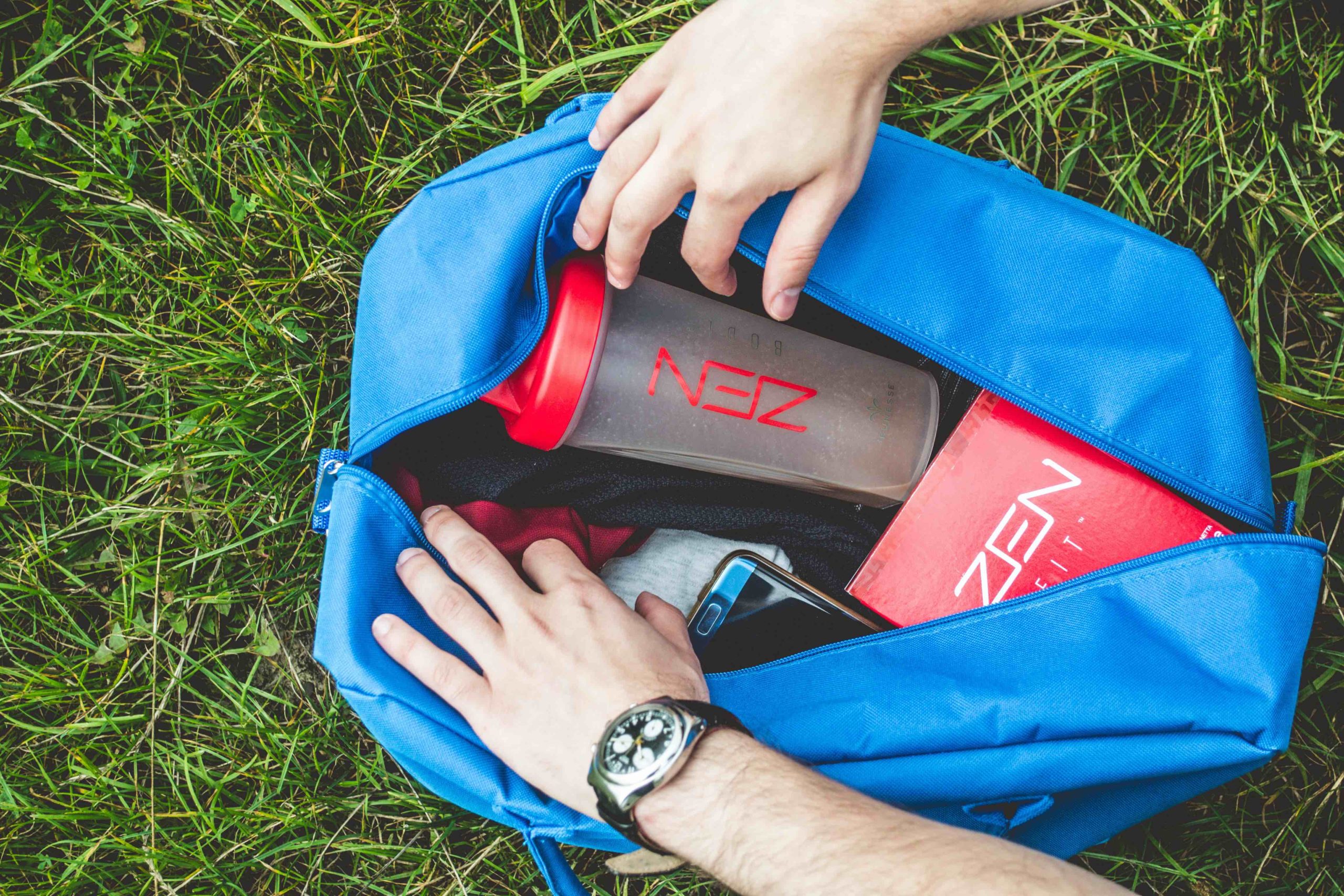It’s one of the happiest and most magical times of your life, and when you’re likely feeling your healthiest because you’re not only eating, exercising and sleeping for you — you’re doing it for two. But just because you’re expecting, do you have to stop taking the classes you love that make you feel your best?
Nope! Of course, you should speak with your doctor at your prenatal appointments before engaging in any strenuous physical activity, but the national organizations for obstetrics in the United States, England and Canada actually recommend 30 minutes of exercise 5-7 days per week during pregnancy.
What exercise classes to take when you’re pregnant:
Please speak with your doctor before attempting any exercises, but these classes can be good to include in your pregnancy exercise routine: walking or running classes, yoga classes, weightlifting classes and swimming classes.
So are you ready to sweat it out in class, mama-to-be? Here’s what to consider:
You have to start where you are.
Even if you’re new to exercise, it’s safe to become more active during pregnancy, but if you were never a runner, don’t start training for a marathon now. It’s important to start slow, with only five minutes a day of exercise if you are a beginner. As you acclimate to your new routine, you can add five additional minutes each week. (And by your second trimester, you’ll be nailing those poses in prenatal yoga!)
You’ll notice the benefits right away.
Don’t be surprised when you start noticing big changes right away! You’ll likely be more relaxed, and a whole lot less of those pregnancy symptoms – swelling, constipation, headaches and fatigue – will lessen. Exercise also increases more energy, better sleep, better performance in labor, faster recovery, and can prevent pregnancy-related diabetes, high-blood pressure or excessive weight gain. And just as importantly, it’s good for your baby too. (Bring hubby to a class and make it a family affair!)
You have to let your instructor know.
Many classes are safe for you and baby, but be sure to let your instructor know you’re expecting before class begins, regardless of how far along you are. Instructors are trained professionals who will help you modify moves and positions that might not be safe for your growing belly or your baby. You want to get the most out of your hour-long class without putting yourself or your baby-to-be at any risk.
You can try these classes.
With your ClassPass membership, you can try a variety of classes to keep your body engaged, strong and flexible. Try spinning, dancing, aerobics, swimming, yoga, stretching and weight-training classes, with just minor modifications. For example: You won’t lay on your stomach during cobra or upward dog, but you can nail a lot of the other flows. And in weight-training or high-intensity-interval-training classes, you might not do the core series, but you can still do those arm exercises with a lighter weight and more reps. Avoid activities that come with a high risk of falling like gymnastics, horseback riding, water skiing and snow skiing. Also avoid activities like scuba diving and hot yoga (due to excessive loss of fluid, dehydration and risks of hyperthermia to your baby).
You can also take prenatal classes (and meet other moms).
ClassPass also offers the potential for camaraderie with other moms-to-be in dedicated classes. There are several studios in the New York City area such as New York Pilates, Area Yoga and Harlem Yoga Studio that provide prenatal classes. In addition, barre class instructors are well-versed in altering class routines for your needs in studios including Exhale, PureBarre and patriciaFit. Some alterations will include the use of a ball beneath the lower part of your back during abdominal floor or leg exercises and remaining on all fours instead of lying directly on your abdomen for leg and seat work. (For some specific studios that ClassPass recommends, see a list below!)
You have to take care of yourself.
In pregnancy, the ligaments supporting your joints are more relaxed thanks to the surge in hormones, which makes them more prone to injury. It’s important to wear a bra that offers the right amount of support and to drink plenty of water before, during and after any workout. Stop and seek medical attention if bleeding, dizziness, abnormal shortness of breath, chest pain, headache, calf-swelling, contractions, decreased fetal movement (fetal movement normally starts about the 20 week mark), or leaking fluid occur. If you find yourself out of breath during a workout, you are pushing too hard. Remember, it’s okay to rest at any time.
You can start working out again after pregnancy, when you’re ready.
Start with brisk walking and a restorative yoga class which are widely available through ClassPass studios that offer an array of yoga styles. More strenuous exercise is not recommended until you are cleared at your six-week postpartum visit. Some women feel ready to get back to more activity earlier than this after uncomplicated vaginal deliveries, though it may take even longer after complicated vaginal birth or cesarean delivery to be ready for certain activities. If breastfeeding, do it before you exercise – this is better for you and baby.
Remember – exercise can is healthy and positive for you during pregnancy, so sign-up for classes, but keep your changing body and your baby in mind during every workout. If you’re ever in doubt, a call to your obstetrician is always a good idea.





